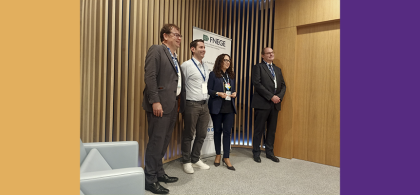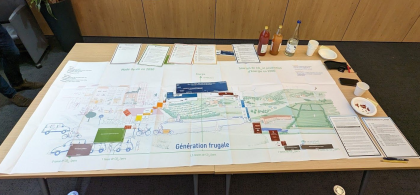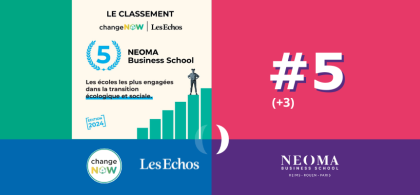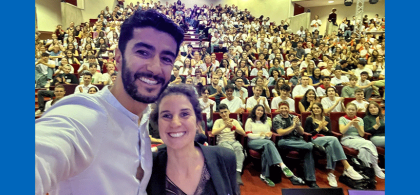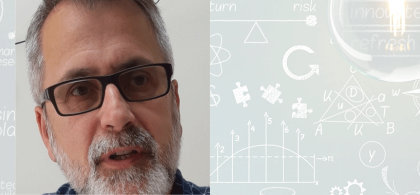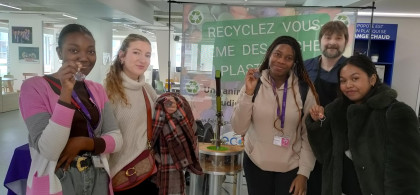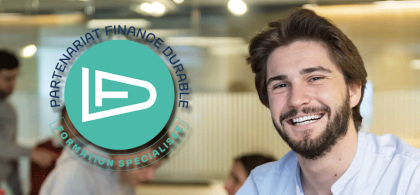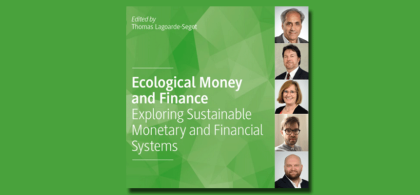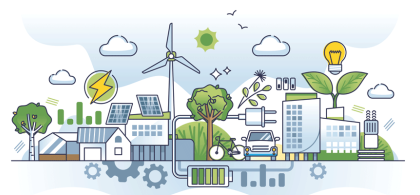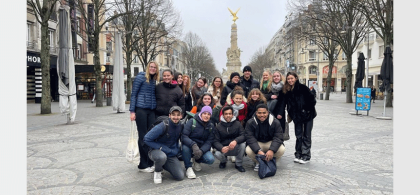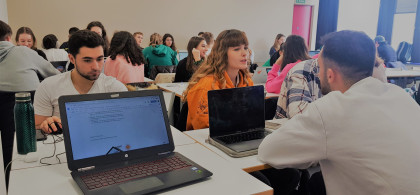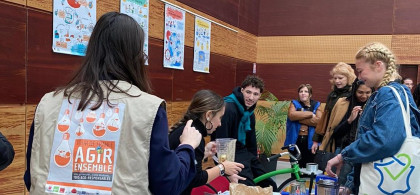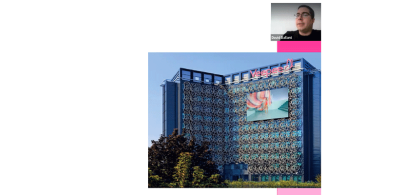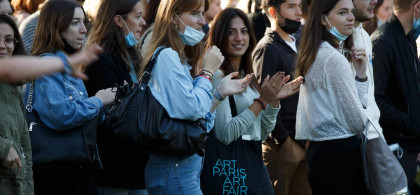A sustainable campus
NEOMA has constructed its action plan around 3 focus areas
Diversity
Teaching and research
The actions refer to The United Nations Sustainable Development Goals and are presented in alphabetical form ABCDE.
Anti-waste/Responsible Purchasing/Recycling
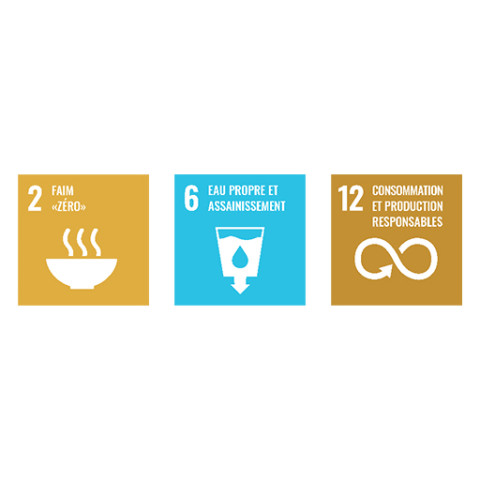
The NEOMA BS community is driven by actions aimed at doing more and better with fewer natural resources.
Biodiversity
By installing beehives and nesting boxes for birds on its campuses, and by reintroducing endemic plants and setting up shared gardens, NEOMA is helping protect and restore biodiversity.
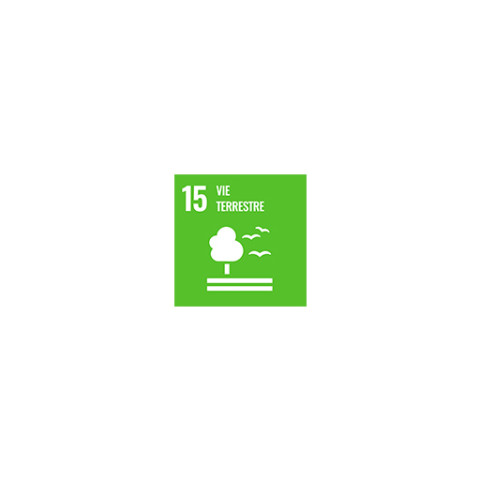
CO2 Emission
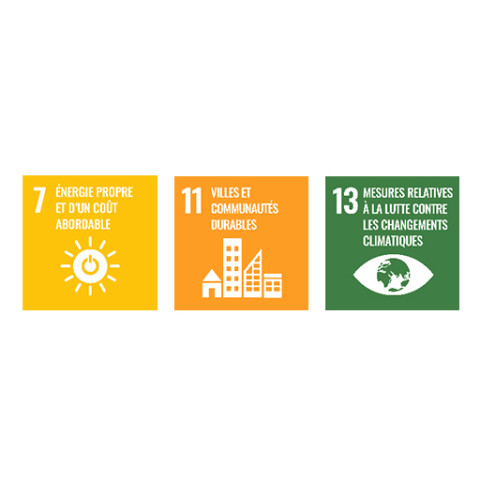
The carbon footprint of our campuses is measured and actions are put in place to encourage soft modes of transport and reduce the carbon impact. Carbon neutrality target set for 2030.
Diversity – Social/Disability/Gender Openness
We are taking steps to develop accessibility to higher education for all. Respect for others represents one of our core values and is reflected in the training of our students for their future role as business leaders.
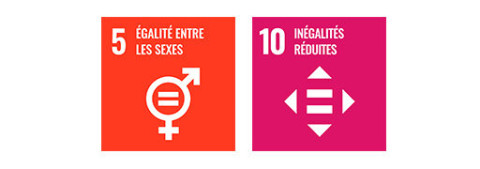

All our campuses are accessible to people with a disability.
Education/Research

Our teaching and research includes questioning the managerial practices of all disciplines. In this way NEOMA BS is helping transform organisations to turn them into players in a decarbonised, digital, circular, and inclusive economy. Supported by methods and tools for developing reflective skills, they enable our students to acquire a humanist culture and an environmental perspective which contribute to the emergence of prosperity that preserves ‘human and ecological capital’.
Our teaching staff contribute to international thinking in CSR
A few examples of research articles published in 2020:
BEFORT, N., “Going beyond definitions to understand tensions within the bioeconomy: The contribution of sociotechnical regimes to contested fields”, in Technological Forecasting and Social Change, 2020, vol. 153.
BEFORT, N., “The promises of drop-in vs. functional innovations: The case of bioplastics”, Ecological Economics, Octobre 2020
COLOVIC, A., C.WILLIAMS, “Group Culture, Gender Diversity and Organizational Innovativeness: Evidence from Serbia”, in Journal of Business Research, 2020, vol. 110, pp. 282-291.
JALALI, H., A.ANSARIPOOR, P.DE GIOVANNI, “Closed-loop supply chains with complementary products”, in International Journal of Production Economics, November 2020, vol. 229.
CHATTERJEE, S., D.DALMAN, S.MOOKHERJEE, “To Short or not to Short? Improving Morality Judgments of Short Trades and Short Traders”, in Journal of Business Research, June 2020, vol. 114, pp. 173-185.
BABU, N., K.DE ROECK, N.RAINERI, “Hypocritical organizations: Implications for employee social responsibility”, in Journal of Business Research, September 2020, vol. 114.
WANG, H., M.SHEN, A.SONG, I.PHAU, “Do Up-displayed Eco-friendly Products Always Perform Better? The Moderating Role of Psychological Distance”, in Journal of Business Research, 2020, vol. 114, pp. 198-212.
SPIELMANN, N., “Green is the New White: How Virtue Motivates Green Product Purchase”, in Journal of Business Ethics, 2020.

Since 2012, with the support of local funders, researchers at the NEOMA Chair in Bioeconomy and Sustainable Development have been deciphering the major problems that companies face in stepping away from the era of fossil fuel resources.
They identify the resources and methods while shaping the strategies of companies and public policies around four areas of focus:
- Green energy and the circular economy at a regional level
- Sustainable agriculture and viticulture
- New types of biomass and technologies
- Sustainable consumption and food transformation



